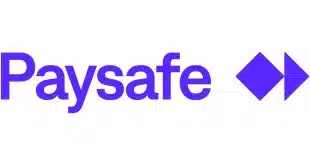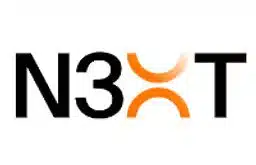Cellular South expects to launch some time in the first quarter what would almost certainly be the first commercial application of near-field communication (NFC) technology for point-of-sale payment, and also the first driven by a wireless carrier rather than a payment network. The plan follows a three-month, two-city pilot in which transaction volumes met expectations, says Jason Jolly, director of consumer technology for Ridgeland, Miss.-based Cellular South, the largest privately held wireless operator in the U.S. Jolly will not disclose numbers, but says, “There were lots of positive results [from the pilot]. We're very pleased.” Jolly says a number of details for the commercial launch remain undecided, including a precise date, a geographic location, and participating banks and handset models. The pilot, which ran from June 6 to the end of August and involved 75 consumers and 50 merchants in Memphis, Tenn., and Jackson, Miss., featured phones from Kyocera Wireless with biometric authentication. Bank of America Corp. held the MasterCard Worldwide-branded credit card accounts for participating consumers, who were each given $100 a month to fund purchases. “We are working with several financial institutions to see who aligns best with the commercial launch,” Jolly says. Any commercial launch could be handicapped by a relative paucity of handsets equipped with the chips that make NFC downloads and payments possible. Indeed, a recent study by ABI Research indicated handset makers will be slow to produce NFC phones in quantity until a clear business case emerges, something the research firm doesn't expect until 2012 (Digital Transactions News, Aug. 23). Jolly, however, says Cellular South is prepared to start slowly with WirelessWallet, its trade name for the NFC product, and build up its user base. “As this product gains steam, retailer availability becomes greater, and out technology partners will start coming to the table,” he says. Cellular South also hopes to overcome another issue that has come between bank networks and wireless operators, namely the matter of how to generate revenue on transactions and split it between financial providers and telecom vendors. Though he's reluctant to go into details, cautioning that it's early, Jolly says this can be worked out, while conceding “there are certain things revolving around the transaction that are exclusively the domain of the financial institution that issued the card.” With this recognition, he says, “there are a number of ways to monetize [NFC]. We're working toward something financial institutions can be comfortable with and something we can be comfortable with.” Jolly says Cellular South wants to do this without user fees, however. “Hopefully, we can do this without passing on fees to the consumer,” he says. “I don't want the consumer to worry every time they get out their phone.” Both MasterCard and Visa USA have piloted NFC in various U.S. locations as well as overseas, but neither has announced plans for a commercial launch here. With NFC, a chip embedded in a cell phone can make the phone act like a contactless credit or debit card, allowing the user to swipe her handset near a contactless terminal to complete a sale. The phones can also interact with so-called smart posters, or signs embedded with the chips that allow users to download digital content. While some pilots have involved phones already loaded with account data and handed out to participating consumers, the Cellular South pilot involved over-the-air downloads of the account information to the phones, relying on technology from ViVOtech Inc., which has participated in other NFC pilots, as well. With its NFC rollout, Cellular South hopes to be in the vanguard of a movement toward mobile commerce at the point of sale. “It touches a lot of aspects of the cellular business,” says Jolly, pointing to how the technology can reduce churn, or the rate at which cellular subscribers defect to other carriers. “It affects churn in a positive manner. It affects profits in a positive manner.”
Check Also
Eye on Crypto: N3XT Partners With YouHodler; Barclays Eyes a Blockchain
N3XT Inc., a blockchain-powered bank, has partnered with YouHodler, a Web3 platform that supports crypto-backed …







